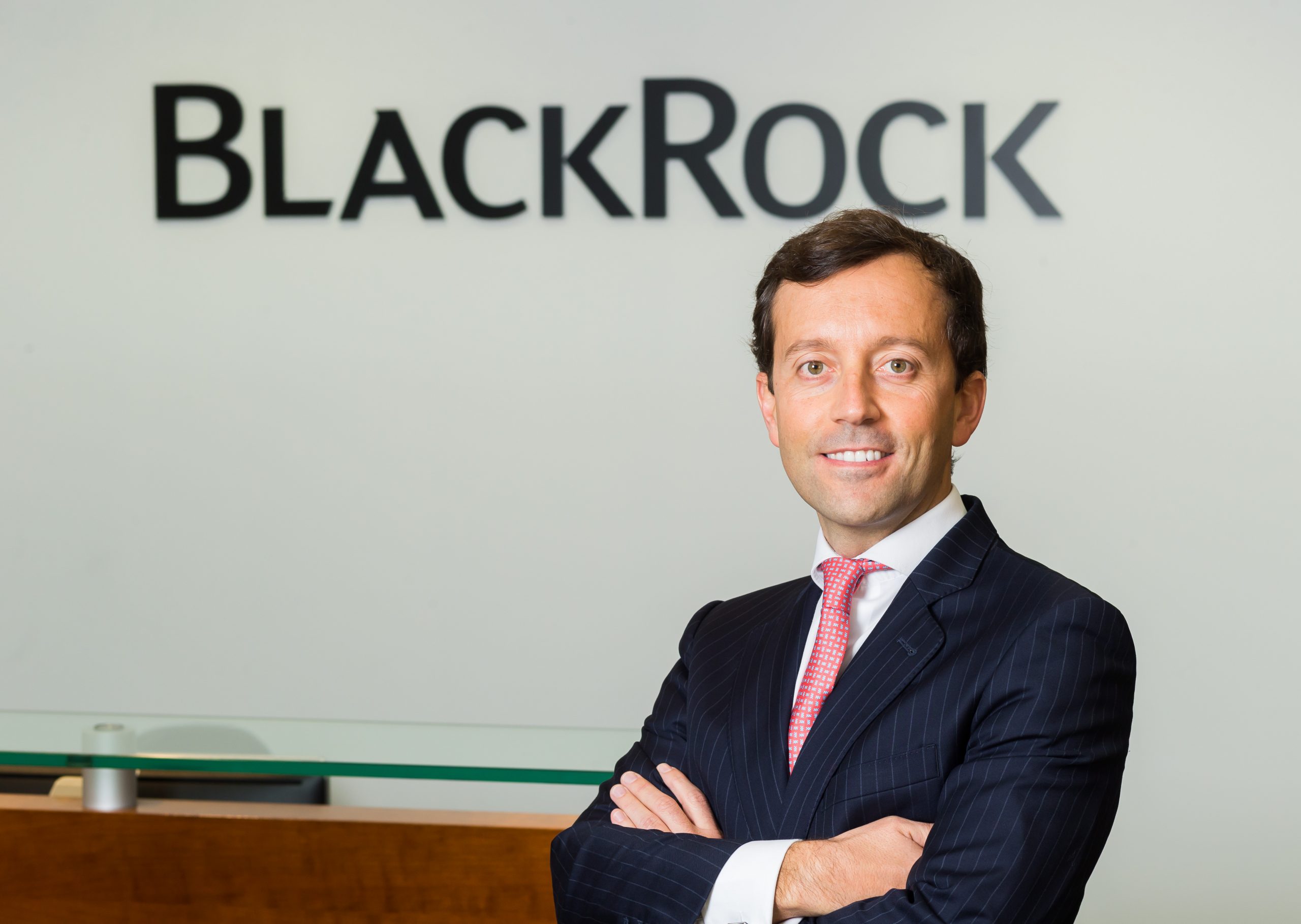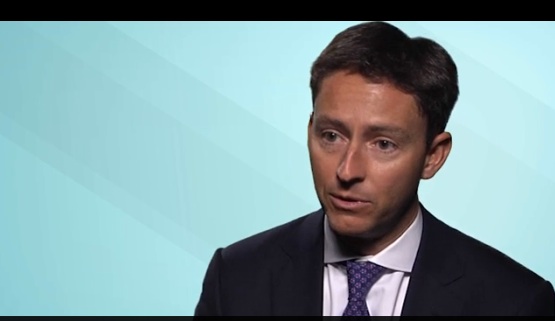The ETF business continues to increase after three years of record growth figures. For Aitor Jauregui, Head of Business Development for BlackRock in Iberia, the outlook is much better in the long term: “With an average annual growth of 19% over the past few years, at BlackRock, we expect that in 2023 the ETF industry will reach 12 trillion dollars and 25 trillion dollars by 2030.”
These positive forecasts are also positive for the ETFs market in Europe which, according to Jauregui, will be “one of the main drivers of the investment fund business during the coming years”. According to this executive, and as shown by the Greenwich Associates European ETF Study commissioned by BlackRock, European institutional investors will have a prominent role in this growth, as the average of their allocation to exchange-traded funds increased by 10.3% of its total assets in 2017, from 7.7% in 2016.
“European institutional investors are adjusting their portfolios to a more volatile environment, given the return of volatility to the market and the end of stimuli from central banks. In this context, European institutional investors have found in the ETFs an investment vehicle that adapts to their needs,” says Jauregui before delving into this survey’s data, which was compiled from the responses of 125 investors, mainly pension funds, asset management companies, and insurance companies.
The survey shows the trends that make the ETF business set a positive trend in Europe. First of all, there has been an increase in the use of smart beta ETFs, which, at present 50% of respondents admit to using. Secondly, there is a greater demand for ETFs by multi-asset funds: In fact, 79% of asset managers admit to using them, as well as their intention to increase their use during the next year.
Finally, the survey shows two further trends: The use of fixed-income ETFs is a source of growth in the ETFs universe, and socially responsible investment (SRI) has a leverage effect on this business. Regarding the latter, it is worth noting that 50% of the respondents admit having invested part of their assets following sustainable investment criteria.
The attractiveness of ETFs
For Jauregui, these four trends are, “sources of forward ETFs market growth.” And they will be a driver because European institutional investors appreciate the value that this vehicle brings to their portfolio. For example, according to the aforementioned survey, ETFs are used to substitute direct investments, such as bonds, shares or derivatives. The survey shows that 50% of respondents say they use ETFs to substitute derivatives, compared to the 30% who acknowledged doing so last year.
In this regard, Jauregui points out that, regardless of the economic environment, investors value the characteristics they offer positively. “In Europe, in particular, I believe that the implementation of MiFID II makes institutional investors appreciate transparency, cost, and operational simplicity more. This is also going to be an argument that will sustain its growth in the coming years,” he says.
Speaking in terms of strategies, the ETFs that arouse most interest among European institutional investors are those of minimum volatility, dividends, factors and, finally, multifactor strategies.
Finally, should we carry out this same analytic exercise by asset allocation, the survey would show that fixed income is the type of asset where ETFs are most likely to grow. “In the case of equity ETFs, 86% of respondents admit to using them and 43% expect to increase their use throughout 2018. In fixed income, 65% expect to invest in this type of ETF as compared to the 48%registered last survey. Once again, the main criteria of European institutional investors when deciding on their use are: their liquidity, their cost, their performance and, finally, the choice and composition of the index they follow.
Debates within the Sector
In the midst of the strong development that this market is experiencing, the sector faces two debates: Possible overheating in the ETFs market and the argument between active management and passive management. In both cases, Jauregui has a solid position that he defends coherently. “It‘s clear that the weight of the ETFs in the market as a whole, and the assets that are there, is too small a part for their behavior to affect the progress of the underlying markets,” he said in relation to the first debate.
Regarding the second debate, Jauregui argues that the approach of two different types of confronting management does not make any sense. “I think that every investment decision is an active decision, even when a manager chooses to use an indexed vehicle in his portfolio. At BlackRock we believe that we have to think about indexed management as one more element when managing our clients’ capital and offering investment solutions,” he points out.
And while the sector continues debating this, BlackRock has advanced over all its competitors and has become the leading provider of the European market in terms of ETFs. According to the survey, 91% indicates iShares as its main provider.
In this regard, the asset manager believes they are on the right track. “We will continue working on new launches, while always being very selective about the solutions we provide in the market and betting on the indexes without leverage and without using derivatives. Likewise, we will focus on smart beta and factors ETFs. There is a general interest on the investors‘part, but we believe that managers of multi-active strategies are very interesting potential investors. In the long term, we will also focus on the trends we see, such as fixed-income ETFs and socially responsible investment,” concludes Jauregui



 By Fórmate a Fondo
By Fórmate a Fondo